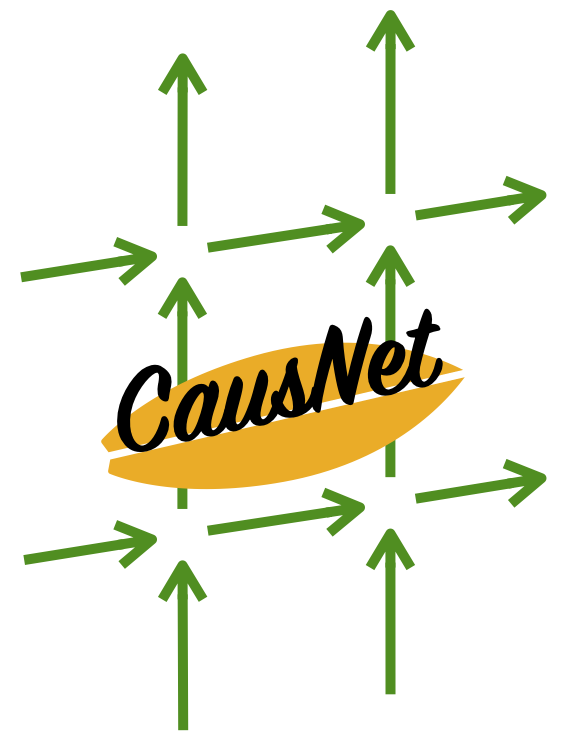Biography
Xiaohan Kang is a Machine Learning Engineer at Rockfish Data, utilizing generative AI for synthetic data generation. Previously he was a postdoctoral research associate with the CSL at the University of Illinois at Urbana–Champaign working with Prof. Bruce Hajek. He received the Ph.D. degree in Electrical Engineering at Arizona State University under the supervision of Prof. Lei Ying in 2015. He received his Bachelor’s degree from the Department of Electronic Engineering at Tsinghua University in 2009.
Research interests
His recent research has been focused on addressing both theoretical and computational challenges that arise from, or are inspired by, the analysis of large-scale biological datasets.
 |
 |
Gene regulatory network reconstruction
- Developed CausNet, a novel framework for sparse causal network reconstruction using RNA-seq data, involving advanced statistical techniques and employing a Gaussian approximation of bootstrapping to provide reliability scores for predicted regulatory interactions.
- Conducted in-depth investigations into the importance of condition diversity in time series RNA-seq experiments with one-shot sampling, analyzing the impact of limited sample size on network inference accuracy and proposing strategies to mitigate the issue.
- Explored the connection between ordinary differential equation (ODE) models and graph models for gene regulatory networks, comparing the interpretability of these models in the context of RNA-seq data analysis.
Fundamental limits on binary classification errors and causal network inference
- Derived a robust and statistically rigorous maximum likelihood estimator of the receiver operating characteristic (ROC) curve for binary classification problems, utilizing advanced mathematical techniques to provide accurate estimates of classification performance.
- Developed mleroc, a Python implementation of the maximum likelihood estimator, incorporating efficient algorithms and data structures to enable fast and scalable computations for large datasets.
- Made novel contributions to the field of causal network inference by providing a lower bound on the information requirements for accurate and reliable inference of causal relationships among variables, advancing our understanding of the fundamental limits and challenges in inferring causal networks from observational data.
Previous research projects
Conducted extensive investigations into various topics in the field of computer networks, including scheduling algorithms in wireless communication networks, load balancing algorithms in computer networks, performance analysis of peer-to-peer (P2P) streaming networks, and admission control mechanisms for wireless access networks.
Download his CV.
- Machine learning
- Causal inference
- Information theory
- Bioinformatics
- Queueing theory
- Stochastic systems
- Real-time scheduling
- Game theory
-
PhD in Electrical Engineering, 2015
Arizona State University
-
BE in Electronic Engineering, 2009
Tsinghua University